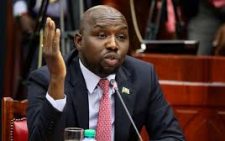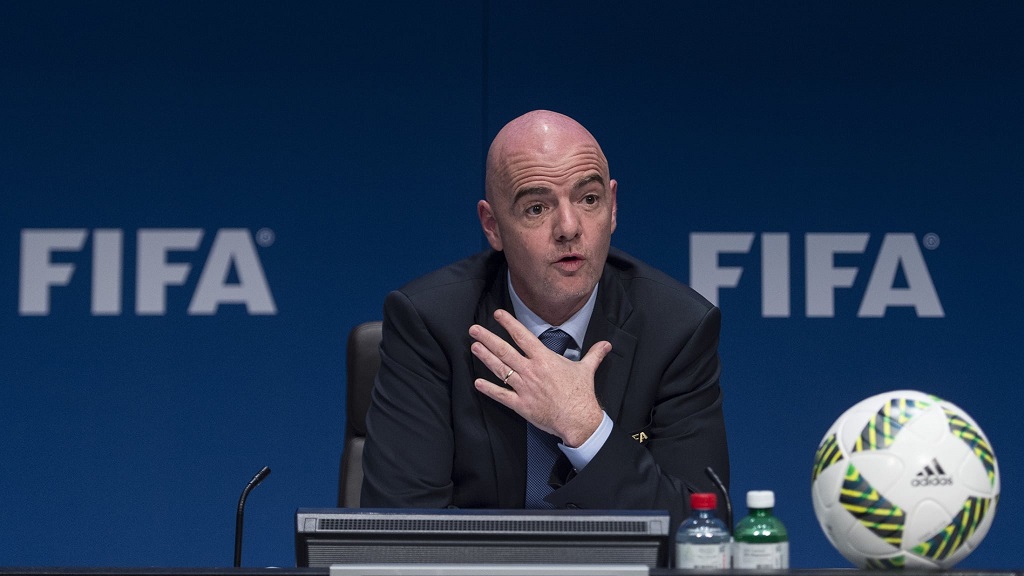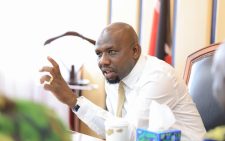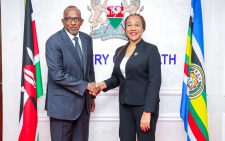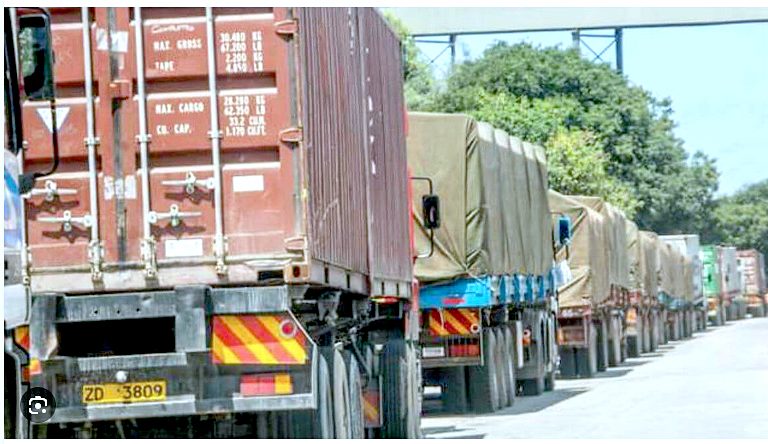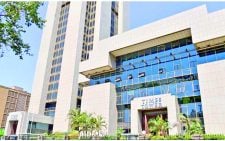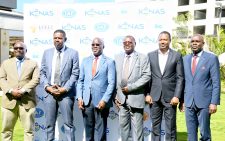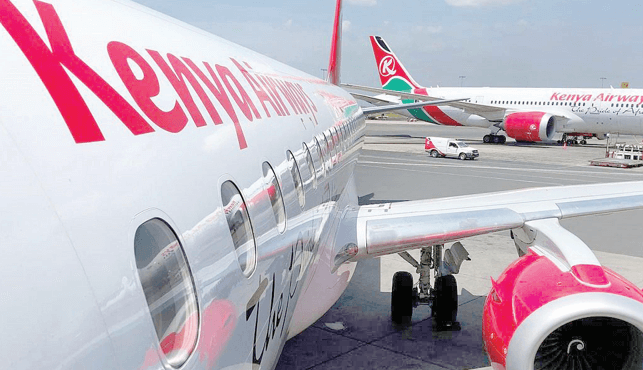UK gold firm faces hurdles as politics take centre stage

Mukalo Kwayera @kwayeram
A British mining firm has found itself at the centre of a political dust kicked off after it emerged it is involved in a controversial pact regarding the discovery of large deposits of gold in Western Kenya.
A casual announcement by Mining Cabinet Secretary John Munyes last month that Kenya had struck a Sh164 billion gold exploration deal with Acacia Plc of the United Kingdom has thrown the firm into the deep end of turbulent political waters of Western Kenya where the project is to be undertaken.
Politicians from the former Western Province have raised the red flag over the matter, demanding full disclosure and transparency in the contract with the London-based Acacia Ltd, with ownership of Kenyan companies partnering with the Britons in the business topping the bone of contention.
Munyes publicly revealed the existence of the contentious contract during a tour of the region three weeks ago in the company of colleagues Peter Munya of Agriculture, James Macharia (Transport), Eugene Wamalwa (Devolution) and Kakamega Governor Wycliffe Oparanya at which function the Minister officially received the five acres of land on which the project’s refinery will be constructed.
Sabatia MP Alfred Agoi has filed a question in the National Assembly seeking an explanation from the government regarding the exploration deal said to be shrouded in mystery.
Agoi’s demands came on the heels of similar concerns by Amani National Congress (ANC) leader Musalia Mudavadi and his Ford Kenya counterpart Moses Wetangula who had earlier accused some leaders from the region of auctioning the interests of local communities.
They challenged Munyes to come clean on claims that, in fact, the British firm granted mining rights had transferred the same to a Tanzania-based outfit to conduct the exploration.
“What was the consideration and how has this benefitted either of these counties or the government of Kenya,?” they asked.
“We believe that it is through honest, transparent, accountable and people-driven governance processes that we shall achieve equitable development in which the life of every Kenyan community and family matters.”
In his petition, Agoi demands to know the areas the former Western and Nyanza provinces that fall in the Lirhanda Corridor Gold Exploration, companies, and their proprietorship, identified and allocated gold prospecting rights in those areas, the processes applied in identifying and awarding exploration rights to the firms and royalties and payments the State has received in exchange for prospecting rights.
Impact assessment
National Assembly Speaker Justin Muturi referred the question to the Environment and Natural Committee to look for answers to questions by the legislator which also include demand for an impact assessment report and government’s compensation plans for affected residents.
In his reaction to the matter, Mudavadi observed: “We talk of political Gold rush but we are aware that a lot of gold reserves ?have been found in Western Kenya.
They call it the Lirhanda Corridor. We also know there is Granite in Bungoma and Vihiga,”he said.
“But as much as we are happy to see that resources are being discovered in these areas, there are questions that must be answered,” he added.
Posed he: “How was this company called Acacia procured and who are its owners?
Who are their local representatives? Was it a tender process? Was it an expression of interest that was advertised?
The former Finance Minister also raised questions over what mining methods the firm wants to use, adding that it had emerged that Acacia has already sold mining rights to another company in Tanzania.
“What was the consideration? When was this transaction undertaken because these are natural resources and who are these people behind all this? Mudavadi posed.
Although the formal receipt of the five-acre land could be seen as a key move in driving the mining sector’s growth, it comes at a time when the country has failed severally to undertake aerial mapping of mineral resources, to uncover what is buried under Kenya’s soil.
The process has been delayed due to controversies on financing and the best model to employ with the last attempt in 2018 failing after it emerged that the Ministry of Interior had taken control of the exercise in exclusion of the mining department.


